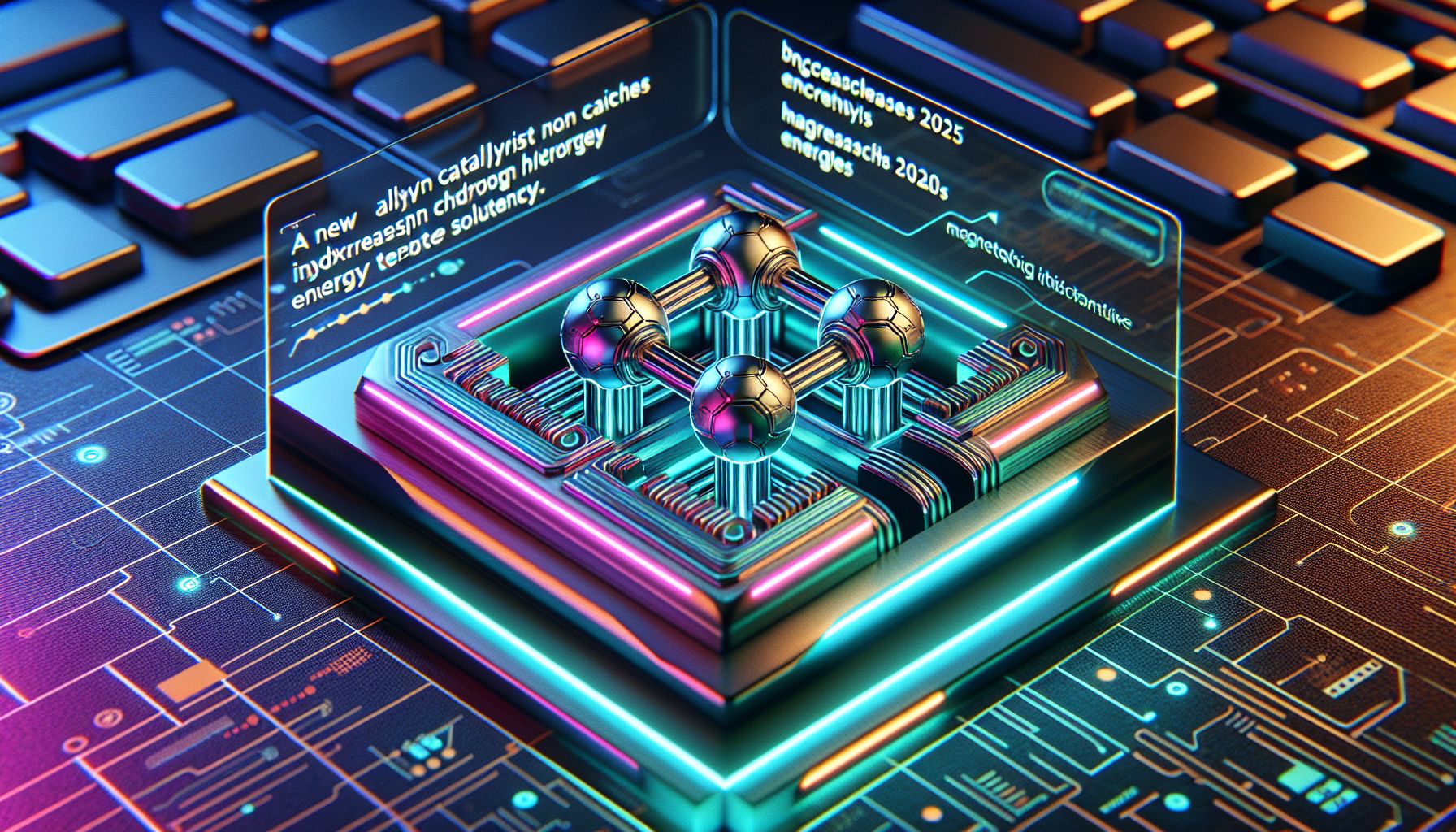New Alloy Catalyst Boosts Hydrogen Fuel Cell Efficiency

Daegu, Monday, 20 October 2025.
DGIST’s innovative alloy catalyst surpasses 2025 U.S. energy targets, enhancing hydrogen fuel cell performance with added magnetic properties. This breakthrough paves the way for eco-friendly energy solutions.
Magnetic Properties Revolutionise Hydrogen Fuel Cells
Researchers at DGIST have introduced magnetic properties into platinum-based alloys, leading to significant improvements in the performance of hydrogen fuel cells. This innovative approach enhances the oxygen reduction reaction performance, a crucial process for fuel cell efficiency. By exceeding the U.S. Department of Energy’s 2025 targets, this development marks a pivotal step towards the commercialisation of sustainable hydrogen energy solutions [1].
Pioneering Catalyst Structure
The research, spearheaded by Professor Jong Sung Yu, has resulted in the creation of a new alloy structure, L10-PtPdFe. This ordered ternary alloy combines platinum, palladium, and iron to form a catalyst with outstanding oxygen reduction reaction activity. The unique magnetic characteristics of this structure arise from the atomic arrangement, significantly outpacing conventional catalysts [1].
Durability Under Real Conditions
In durability tests under real hydrogen fuel cell operating conditions, the DGIST catalyst not only achieved but surpassed the 2025 activity and durability targets set by the U.S. Department of Energy. This underscores the catalyst’s potential in real-world applications, providing a durable and efficient alternative to traditional fuel cell technologies [1].
Collaboration and Publication
This groundbreaking study was supported by Korea’s National Research Foundation and involved collaboration with Professor Seoin Back’s team at Korea University. Their theoretical analysis complemented the practical findings, which were published in the esteemed journal Advanced Materials, highlighting the global significance of this research [1].
The Future of Eco-friendly Energy
With hydrogen fuel cells being a cornerstone of eco-friendly technology, this advancement by DGIST is poised to accelerate the transition to sustainable energy. By focusing on improving catalyst efficiency and reducing costs, DGIST’s research could lead to broader adoption of hydrogen fuel cells across various sectors, including transportation and power generation [1][2].